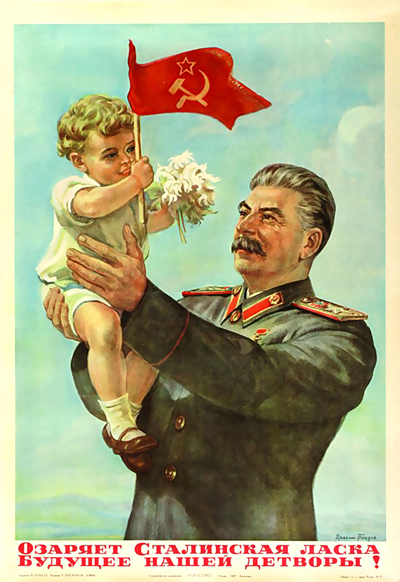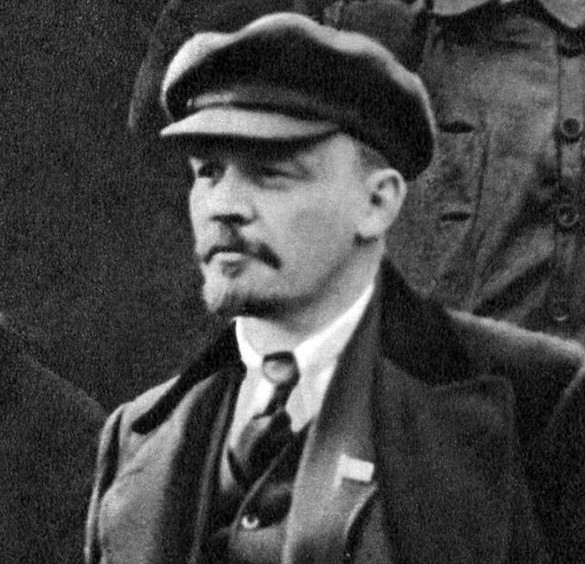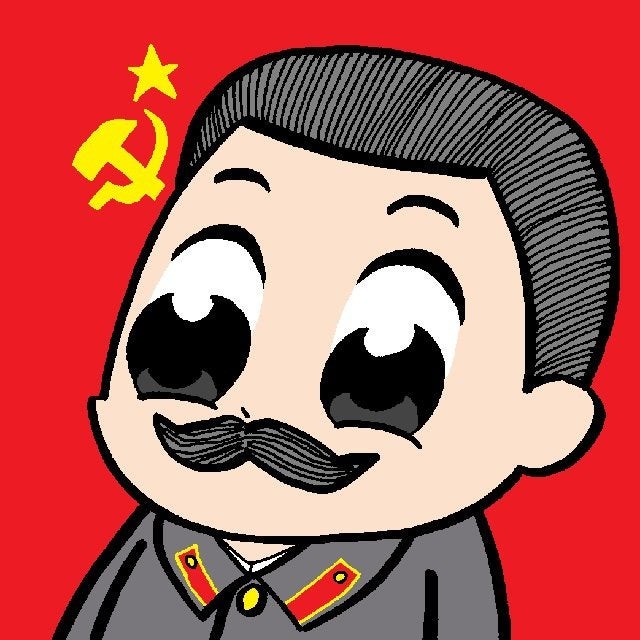I am not educated in the China. But I am still doubtful. Deng basically created state capitalism. Was a revisionist. And even Mao called him a capitalist roader. I know with his capitalist reforms he lifted a lot of people out of poverty, and rich people in China are under strict state control. But does China owe its development to Deng? Would it be just as developed if it didnt do such reforms? Does it justify Deng’s revisionism? What do Chinese Maoists think about Deng? I know Lenin’s NEP also allowed free market, but only for a limited time.
I am not educated in the China.
Then there’s no reason to call Deng a revisionist if you don’t have an educated opinion on it. The practices of the Chinese communists under the leadership of Deng Xiaoping was nothing but the theoretical recovery of Marxism-Leninism in China, after a few years of ultra-leftists deviations China suffered before Deng Xiaoping’s disputes inside the Communist Party of China after Mao’s death.
If you want to know more about this, please read Ideology and economic reform under Deng Xiaoping 1973-1993, or you can read Deng Xiaoping’s works directly yourself. You be the judge.
Revisionism is specifically the idea of blending capitalism and communism in a peaceful coexistence which will lead to communism through gradual reforms. Deng Xiaoping Theory not only draws from Lenin’s NEP, but also Mao’s New Democracy period, which allowed for strictly-controlled capitalism for the purpose of building productive forces and wasn’t a seamless blending. The New Democracy plans were scrapped because heavy sanctions severely limited foreign trade.
The reform and opening up under Deng was also the result of China accepting World Bank and IMF loans. Taking those loans comes with stipulations that the government loosen control over sectors of the economy as well as institute reduced spending on welfare. Deng approached it in a way which would allow China to get through the rules imposed by outsiders as fast as possible before it destabilized the government.
Now had Khrushchev not moved towards appeasing the West and instead created a strong trading bloc with China and newly liberated countries in Africa, Asia, and the Americas, Deng would never have needed to appeal to the West. However by the time Deng was leading the country, the USSR was a shadow of its former self, and even Gorbachev’s attempt to end the Sino-Soviet split without preconditions couldn’t save it.
Mao did criticize Deng as a capitalist roader and sent him to the countryside to learn from the peasantry, but this ignores that Mao also invited Deng back after Lin Biao tried to stage a coup. This was criticism and education, not an expulsion from the Party. Had Mao thought Deng so irredeemable he would have pushed for expulsion.
Furthermore, the reasons for Deng and Zhou being sent away the 2nd time revolve around their criticisms of the Cultural Revolution, which was leading to an incredible amount of suffering, particularly in urban areas. Personally I think the CR had noble intentions and had better outcomes in rural areas where the peasantry was empowered to take control back from the most corrupt Party officials, but overall was idealistic to presume students would not succumb to excessive violence which the Red Guards became infamous for. The Cultural Revolution was correctly denounced as a left deviation.
Thank you! I didnt know he was invited back to the party by Mao. But now that the China allows such economical relations, how will they close this wealth gap between the poor and rich in the transition? A long time ago when I said “I think Deng is kinda cool” I was told these forces of productions allow monopolies to form. Where can I read about Deng?
Deng wasn’t even kicked out of the Party, just removed from leadership. Reading Jude Woodward’s book The US vs China: Asia’s New Cold War really helped me appreciate Deng’s vision for building up a stable China.
Regarding allowing monopolies to form, that has been a strategy by MLs since Lenin’s time to allow a company to rise to the level of a monopoly and then nationalize it. In China the critical infrastructure monopolies are still state-owned enterprises so capitalists can’t control the government. Juxtaposed to countries like the US where PG&E can burn California through neglect and merely get a slap on the wrist.
I also found a tweet with some good resources https://twitter.com/SciTechJunkie/status/1341996155408945152
BTW you want this community? The current mod is gone.
lol, sure, why not?
Sweet, thx. Done
I will do my best, thanks
Sweet. Could you find a good icon and change the title to something shorter too? Prolly just
Communism 101orCommunism101Check out the changes, let me know if you find it appropriate
To add, here’s a good short read on this perspective of the cultural revolution as ultraleft adventurism.
Deng did not create “state capitalism.”
Read Deng before you diss him, no offense.
Also, there are no Chinese “Maoists;” Maoism is a mostly Western phenomenon that started with Gonzalo.
There is, however, Mao Zedong Thought.
State capitalism was a conclusion I came up with, like I said im not really educated on China, a comrade made a great explanation and I want to learn even more about Deng. I didnt know Maoism only existed in the west as an idea, I will look into Mao Zedong Thought.
I’m sorry that I reacted harshly; I kinda chalk this up to “Reddit communism” where people only get their info from Reddit, but I can see that you do want to learn, of course.
Again, sorry for reacting the way I did. 😅
Here’s my other comment on why china is not “state capitalist”.
Also this is worth a read:
What do people mean when they say state capitalism anyway? I’ve only seen people calling things state capitalist without explaining why.
I don’t know, its an extremely confused term to me. “Capitalist state” makes sense, because it implies the state is ran by and for the benefit of capitalists (which describes all bourgeois democracies / capitalist dictatorships.) It also accurately describes the class relations behind the thing… the “state” is not a class, its a tool used by whatever class holds power. IE capitalist state, vs a workers state.
“State capitalist” could mean that the state acts as the capitalist… which is a contradiction in terms because capitalism is private-ownership and power. It can also mean the state makes of profit off of its people, kinda like how the US state makes a profit off the interest it charges on student loans, or public utilities it sells. But those profits ultimately go towards other things in the budget, all of which are decided on and benefit capitalists, not the people. So its just a very confused term.
I see it mostly used by liberals and anarchists who think the state is this all-powerful self interested political class which controls things whilst holding no economic power. IE somehow they have political power without economic power.
Thank you a lot… I found another one of your posts here too about China and it educated me a lot.
No probs :)






